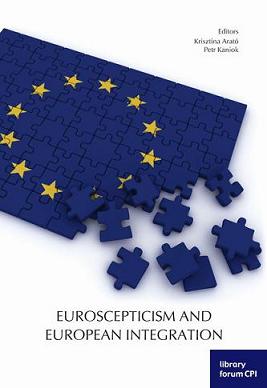Euroscepticism as a Political Label in Central Europe: What has Changed with the Accession?
Euroscepticism as a Political Label in Central Europe: What has Changed with the Accession?
Author(s): Laure Neumayer
Subject(s): Government/Political systems, International relations/trade, Electoral systems, EU-Approach / EU-Accession / EU-Development
Published by: Centar za politološka istraživanja
Summary/Abstract: The study of Euroscepticism is one of the main bodies of a larger literature, which focuses on the attitudes of political parties towards European integration in the old and new member states of the EU (Harmsen and Spiering, 2004, Taggart and Szczerbiak, 2005). Generally speaking, three phases can be distinguished in the debates about the European Union (EU) affairs in the Central European Countries (CEC): a broad consensus in favour of the “return to Europe” in 1989-1990 was followed by dissensions about European integration, as new competitors emerged in the political sphere and unpopular socio-economic reforms were justified by the preparation for the EU accession. The last period, starting with the launching of accession negotiations in 1998, saw the success of “Eurorealism,” that is support for the principle of European integration and disapproval of the accession conditions offered to the CEC. How to account for the development of conflicting but ambiguous political views on European integration in the new EU member states? What are the factors that caused parties to adopt Eurosceptic positions?
Book: Euroscepticism and European Integration
- Page Range: 179-194
- Page Count: 16
- Publication Year: 2009
- Language: English
- Content File-PDF

